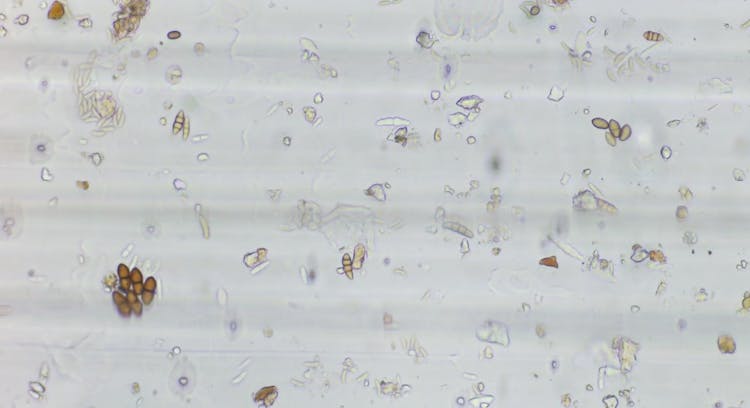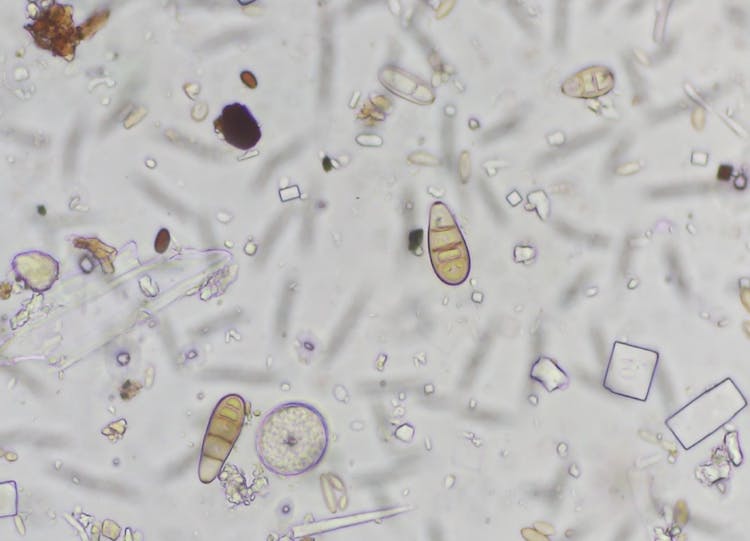Pathology|5 July 2024
Debunking The Common Myths About AgriTech
AgriTech is improving the agriculture industry in Australia through innovations like robotics, AI, biotechnology and IoT solutions.
BioScout
4 Min ReadAgriTech is improving the agriculture industry in Australia through innovations like robotics, AI, biotechnology and IoT solutions. Despite these advancements, myths persist that hinder widespread adoption.
For instance, 63% of Australian farmers are unaware of the cost-effectiveness of agritech solutions. Additionally, only 24% believe they need specialist training to use these technologies, while many tools are designed for ease of use. Furthermore, agritech benefits farms of all sizes, not just large corporations.
Understanding these facts can help more farmers leverage agritech for improved efficiency and sustainability.
Myth 1: AgriTech is Only for Farming
A common misconception is that agritech is confined to traditional farming such as broadacre cropping with GPS systems and airseeders. However, it is being used across a broad spectrum of industries such as horticulture, aquaculture and forestry. Technologies like automated irrigation systems, precision farming tools and environmental monitoring solutions are utilised across these sectors probably more as the crops are usually higher in $ value. These innovations enhance productivity, efficiency and sustainability, benefiting a wide range of agri-businesses. By embracing these technologies, agricultural industries can achieve significant improvements in their operations, carbon footprint and bottom line.
Myth 2: AgriTech is Expensive
Many believe that adopting agritech solutions requires significant financial investment, making it accessible only to large-scale operations. However, this is not entirely true.
While some advanced technologies may come with a high upfront cost, many agritech innovations are designed to be cost-effective and scalable. For instance, drones for crop monitoring, soil sensors and automated disease monitoring systems are becoming more affordable, enabling small and medium-sized farms to benefit from technological advancements without breaking the bank and usually based on a subscription-based model of year-on-year payment for the data generated. Additionally, the long-term savings and increased yields often outweigh the initial investment.
Myth 3: AgriTech Requires Specialist Training
Another common misconception is that agritech solutions are complex and require extensive specialist training to operate. While it is true that some high-tech systems may need technical knowledge, many agritech developers prioritise user-friendly interfaces and intuitive designs. These tools are often co-developed with input from farmers and industry experts to ensure they are practical and easy to use. Moreover, many companies provide training and support services to help farmers integrate and make the most of their investments.
Myth 4: AgriTech is Only for Large Corporations
It is often assumed that agritech is only for large-scale companies, but it is now becoming increasingly accessible to farms of all sizes. Various initiatives and partnerships are aimed at helping smaller operations adopt new technologies. For example, grant programs, cooperative models, and community-based tech hubs offer resources and support for small farmers looking to modernise their practices. These efforts ensure that the benefits of agritech are distributed more equitably across the agricultural sector.
The Value of BioScout
BioScout is a prime example of how agritech can provide significant value to farmers, regardless of the size of their operations. BioScout offers a world-first platform for real-time detection and tracking of airborne fungal plant diseases. Its core systems include advanced automated microscopy, machine learning, AI and real-time analysis of fungal disease spores with scientific analysis.
The advanced air sampling hardware autonomously captures and analyses airborne particles, providing detailed insights into spore levels within your crop without the need for manual intervention. The BioScouts dashboard integrates this data with local weather conditions, allowing farmers to monitor disease outbreaks, adjust spray programs, and assess risk levels in real-time. The BioScout technology is a comprehensive approach that helps farmers implement proactive disease management strategies tailored to their specific crop varieties and environmental conditions.
By addressing these myths, we can pave the way for innovative solutions like BioScout to enhance agricultural practices. BioScout equips farmers with essential tools and knowledge for healthier crops and improved yields, showcasing the transformative power of agritech in modern agriculture. For more information on how agritech can benefit you, speak to our experts.


